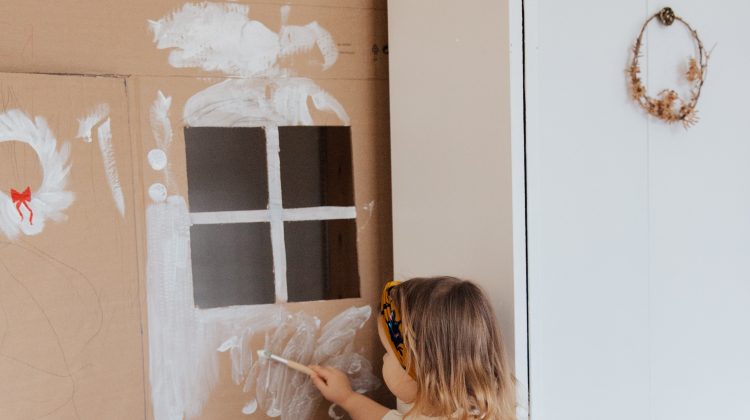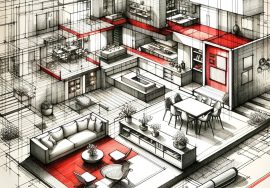
The Intrinsic Desire for Home Design: A Psychological Perspective
The concept of home is deeply intertwined with our sense of identity and well-being. It is not merely a physical structure; it is an extension of ourselves, a reflection of our tastes, preferences, and aspirations. In recent years, there has been a growing trend among individuals to take an active role in the design of their homes, viewing it as a means of self-expression and personal fulfillment. This article delves into the psychological significance of designing one’s own home and presents findings from a survey conducted by URITECT, indicating a strong desire among individuals to play a pivotal role in the design of their homes.
The Psychological Significance of Designing One’s Home: The process of designing one’s home is far more than selecting furniture and colors; it is a profound psychological experience that can have a significant impact on an individual’s sense of well-being. Here are some key psychological aspects of home design:
- Self-Expression: Home design provides a creative outlet for individuals to express their personality, values, and aesthetics. It allows them to curate an environment that reflects their unique identity.
- Sense of Ownership: When individuals actively participate in the design of their homes, they develop a stronger sense of ownership and attachment to the space. This sense of ownership can lead to increased satisfaction and pride in their living environment.
- Empowerment: The act of designing one’s home empowers individuals to make decisions and take control of their living space. This autonomy can boost self-esteem and confidence.
- Comfort and Well-Being: A well-designed home can enhance comfort and overall well-being. The layout, colors, and furnishings can impact mood, stress levels, and relaxation.
- Connection to Space: Designing one’s home fosters a deeper connection to the physical space. This connection can result in a stronger emotional bond with the home.
URITECT team’s Research Findings: In a recent survey conducted by URITECT, 86% of the 37 participants expressed a strong desire to be actively involved in the design of their homes or play a decisive role in the process. This survey underscores the inherent longing of individuals to shape their living spaces according to their preferences, needs, and desires.
This finding aligns seamlessly with URITECT‘s vision and mission. For over two decades, URITECT has recognized the importance of enabling individuals to create their dream homes. The company’s approach is founded on the belief that the joy of design should be accessible to all. URITECT‘s commitment to empowering individuals to design their homes is not only supported by research but also rooted in its extensive experience in the industry.
Designing one’s home is not merely a practical endeavor; it is a profound psychological journey that fosters self-expression, empowerment, and a deeper connection to the living space. URITECT, in line with its long-standing commitment, seeks to provide individuals with the tools and resources to fulfill their desire for active involvement in the design of their homes. As the survey results indicate, this approach resonates strongly with a significant portion of the population, making it a key pillar of URITECT‘s market entry strategy. In a world where the home is central to our lives, the power of design can transform living spaces into sanctuaries of self-expression and well-being.


